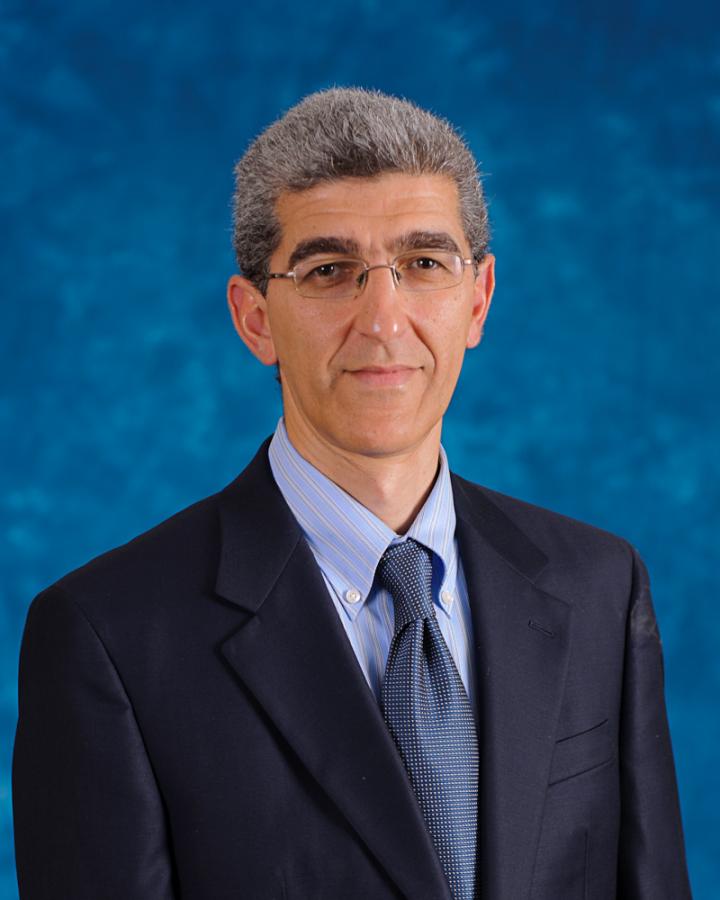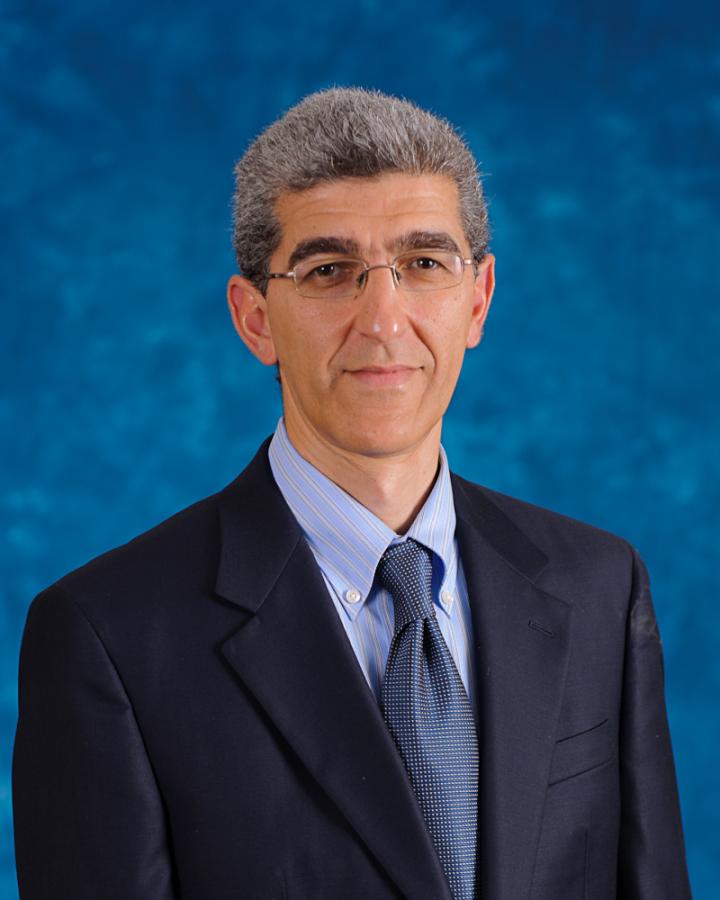
LOS ANGELES — Research published today in the journal, Nature Communications, provides new insights into the evolution of Mucorales fungi, which cause a fatal infection in ever-increasing segments of patient population, and several molecular pathways that might be exploited as potential therapeutic or diagnostic targets.
Mucorales invades the cells of people with weakened immune systems and causes the deadly infection, mucormycosis. The study, conducted by LA BioMed and the University of Maryland School of Medicine researchers, identified several pathways that are required for mucormycosis to develop in a patient.
"Our research opens the door for identifying and targeting the specific pathways that are required for the development of mucormycosis," said Ashraf S. Ibrahim, PhD, an LA BioMed lead researcher and a contributing author for the study. "The generated data could then be exploited to design novel strategies to pursue treatment, prevention and/or early diagnosis of mucormycosis."
The researchers reported on the sequencing of 30 isolates of Mucorales and the study of the transcriptomes of three most common causes of mucormycosis, in response to lung epithelial cells. They identified several pathways that are required for mucormycosis pathogenesis.
Those most at risk of mucormycosis are patients with uncontrolled diabetes ketoacidosis, other forms of metabolic acidosis, treatment with corticosteroids, solid organ or bone marrow transplantation, neutropenia, trauma and burns, such as those suffered by wounded soldiers in Iraq and Afghanistan, malignant hematological disorders and deferoxamine therapy in patients receiving hemodialysis.
Cutaneous necrotizing soft tissue mucormycosis outbreaks in otherwise healthy individuals have also been known to follow natural disasters, as evidenced by the Apophysomyces infections, usually associated with trauma, following the tsunami that devastated Indonesia in 2004 and the tornadoes that occurred in Joplin, MO in June 2011.
"There are no vaccines or effective therapies available today to halt the highly fatal mucormycosis infection," Dr. Ibrahim said. "There is an urgent need for additional research to develop strategies to protect patients with weakened immune systems."
###
Other researchers participating in the study were: Marcus Chibucos, Sameh Soliman, Teclegiorgis Gebremarimam, Hongkyu Lee, Sean Daugherty, Joshua Orvis, Amol Shetty, Jonathan Crabtree, Tracy Hazen, Kizee Etienne, Priti Kumari, Timothy O'Connor, David Rasko, Scott Filler, Claire Fraser, Shawn Lockhart, Christopher Skory and Vincent Bruno. This project was supported with funds from the National Institute of Allergy and Infectious Diseases, National Institutes of Health, Department of Health and Human Services under contract number HHSN272200900009C, Grant No. U19AI110820. Other support came from Grant Nos. R01 AI063503 and R41 AI115907.
About LA BioMed
Founded in 1952, LA BioMed is one of the country's leading nonprofit independent biomedical research institutes. It has approximately 100 principal researchers conducting studies into improved diagnostics and treatments for cancer, inherited diseases, infectious diseases, illnesses caused by environmental factors and more. It also educates young scientists and provides community services, including prenatal counseling and childhood nutrition programs. LA BioMed is academically affiliated with the David Geffen School of Medicine at UCLA and located on the campus of Harbor-UCLA Medical Center. For more information, please visit http://www.LABioMed.org
Media Contact
Laura Mecoy
[email protected]
310-546-5860
@labiomed52
http://www.LABioMed.org





